Finding OCD Therapists Near Me: A Guide to Getting Help for Obsessive-Compulsive Disorder
Introduction:
Living with obsessive-compulsive disorder (OCD) can be overwhelming. It's a mental health condition characterized by recurrent, intrusive thoughts and compulsive behaviors that can interfere with daily life. If you're struggling with OCD, seeking help from an OCD therapist is an important step towards your recovery. In this blog post, we explore the benefits of OCD therapy, how to find qualified therapists in your area, and what to expect from your first session.
The Benefits of OCD Therapy:
OCD therapy can be highly effective in helping individuals manage and overcome their symptoms. It's typically conducted by licensed therapists or mental health professionals with specialized training in treating OCD. Here are some of the benefits of OCD therapy:
Comprehensive Assessment: At the beginning of your treatment, your OCD therapist will conduct a comprehensive assessment to understand your OCD symptoms and how they are affecting your daily functioning. Based on the assessment results, they will develop an individualized treatment plan to target your specific needs.
Evidence-Based Treatment: OCD therapy is often based on the principles of cognitive-behavioral therapy (CBT), which is a well-established treatment for OCD. The therapy aims to help individuals understand the connection between their thoughts, feelings, and behaviors and develop effective coping strategies.
Supportive Environment: OCD therapy provides a safe, non-judgmental environment for individuals to express themselves and practice new skills. Support from a trained professional can help you feel heard, understood, and empowered to manage your OCD symptoms.
Improved Quality of Life: Through OCD therapy, individuals can experience significant improvements in their quality of life, including reduced distress, better control of OCD symptoms, and enhanced overall functioning.
How to Find OCD Therapists Near Me:
Finding the right OCD therapist can be overwhelming, but with the following tips, you can make the process easier:
Check Online Directories: Online directories such as Psychology Today or GoodTherapy offer extensive listings of licensed therapists by location, insurance plans accepted, and areas of expertise. You can search for "OCD therapists near me" and filter the results to find therapists who specialize in OCD.
Ask for Referrals: Referrals from friends, family members, or healthcare providers who have sought help for OCD can be an excellent starting point. They can recommend therapists who have helped them or someone they know manage OCD symptoms effectively.
Contact Support Groups: Many support groups for OCD patients maintain a list of recommended therapists, or you can ask around in the group for referrals.
Verify Credentials: When checking out a prospective therapist, verify their credentials by checking their state license on their profile and making sure they specialize in OCD treatment.
What to Expect in Your First Session:
Your first OCD therapy session will typically involve an initial assessment of your symptoms, medical history, and background information. You'll have the opportunity to discuss your concerns and goals for therapy, and the therapist will ask questions to get an understanding of how the OCD symptoms are affecting your life. After the assessment, the therapist will develop a treatment plan and recommend various treatment techniques, which may include CBT, exposure and response prevention (ERP), or other related interventions.
Conclusion:
OCD therapy can provide effective support and treatment for individuals struggling with OCD. By following the above tips, you can find qualified OCD therapists near you and take the first step towards recovery. Remember that seeking help is a vital part of managing OCD symptoms, and with the right treatment plan, it's possible to lead a fulfilling life.
Looking to schedule with an OCD specialist? Schedule a free treatment consultation with one of our specialists here.
